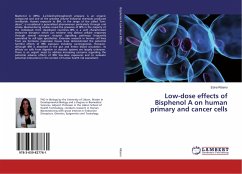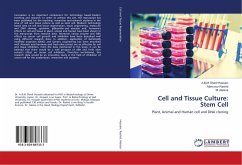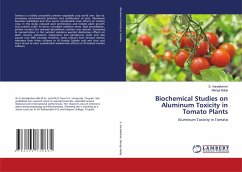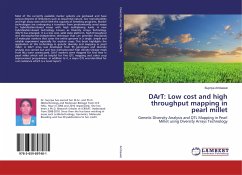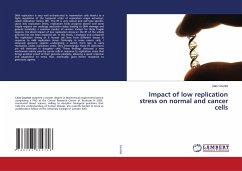
Impact of low replication stress on normal and cancer cells
Versandkostenfrei!
Versandfertig in 6-10 Tagen
51,99 €
inkl. MwSt.

PAYBACK Punkte
26 °P sammeln!
DNA replication is very well orchestrated in mammalian cells thanks to a tight regulation of the temporal order of replication origin activation, called replication timing (RT). The RT is very robust and cell type specific. Upon low replication stress, replication forks progress slower and some fragile regions can undergo replication delay leading to DNA damage and genetic instability, a common marker of cancers. Except for these fragile regions, the direct impact of low replication stress on the RT of the whole genome has not been explored yet. In this thesis, I analyzed and compared the repl...
DNA replication is very well orchestrated in mammalian cells thanks to a tight regulation of the temporal order of replication origin activation, called replication timing (RT). The RT is very robust and cell type specific. Upon low replication stress, replication forks progress slower and some fragile regions can undergo replication delay leading to DNA damage and genetic instability, a common marker of cancers. Except for these fragile regions, the direct impact of low replication stress on the RT of the whole genome has not been explored yet. In this thesis, I analyzed and compared the replication timing of 6 human cell lines from different tissues in response to mild replication stress. Strikingly, in some cancer cells, I observed genomic regions undergoing a switch from late to early replication under replication stress. Very interestingly, these RT alterations are still detected in daughter cells. These findings disclosed a new mechanism mainly used by cancer cells in response to replication stress that brings another proof of their genome plasticity, allowing a quick response and adaptation to stress that, eventually, gives better resistance to genotoxic agents.



